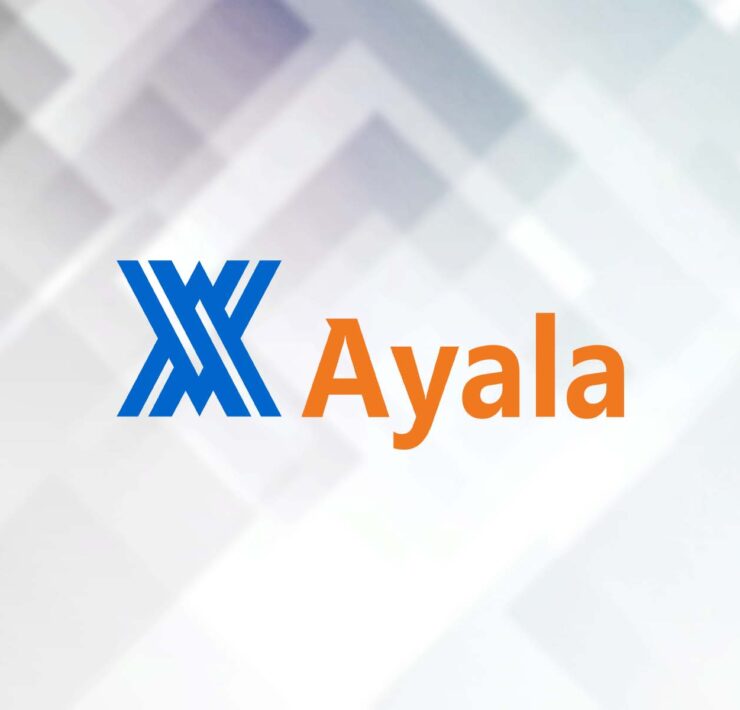Ayala targets affluent consumers with Spinneys entry

The Ayala Group is targeting richer patrons with the entry of Spinneys, a 64-year-old grocery chain that supplies food to United Arab Emirates royalty, as it doubles down on its retail footprint expansion.
An industry source confirmed to the Inquirer that Spinneys branches would sprout within Ayala’s premium malls near high-end residential areas, such as Greenbelt in Makati or Alabang Town Center in Muntinlupa.
The source clarified, however, that they were still in talks with partners to finalize locations.
Going upscale will also differentiate Spinneys from Makro, a warehouse shopping brand focused on the middle income segment that the Ayala Group will also bring to the Philippines.
Under the deal with Spinneys, Ayala will hold a 60-percent stake in the grocery brand while the latter will own the remaining 40 percent.
The Philippines will be its pilot market in Asia and its first venture outside the Gulf area.
“We hope this investment will catalyze trade and investment between the Philippines and the GCC (Gulf Cooperation Council),” Ayala president and CEO Cezar Consing said in a statement.
Industry sources said Spinneys was also keen on setting up local shop to be able to bring more Filipino produce to the Middle East.
The UAE group also wants to recruit and train people. To date, industry sources estimated that 25 percent of its employees in the Middle East are Filipinos.
Spinneys CEO Sunil Kumar said the Philippines offered “significant long-term growth potential,” especially considering its rosy economic prospects.
Spinneys is the third major international retail brand that the Ayala Group is bringing to the Philippines, followed by Anko and Makro, whose first branch will be built within the Cloverleaf estate in Quezon City.
While Ayala currently does not have its own retail arm like its competitors, bringing in foreign brands would be a good start, said Alfred Benjamin Garcia, research head at AP Securities Inc.
“It would be easier for them (Ayala) to build a customer base by bringing in established foreign brands, rather than trying to build a new brand from scratch,” Garcia said in a text message.
“Building a retail ecosystem would fit in nicely with its property development and banking units, and would also have potential synergies with its telco/fintech unit,” he added.
Ayala, whose portfolio also includes energy and health care, saw its net income climb by 5 percent in the first semester to P23.4 billion, due mainly to higher impairments incurred in the same period last year.
This offset the weak performance of Globe Telecom Inc. and ACEN Corp.





















